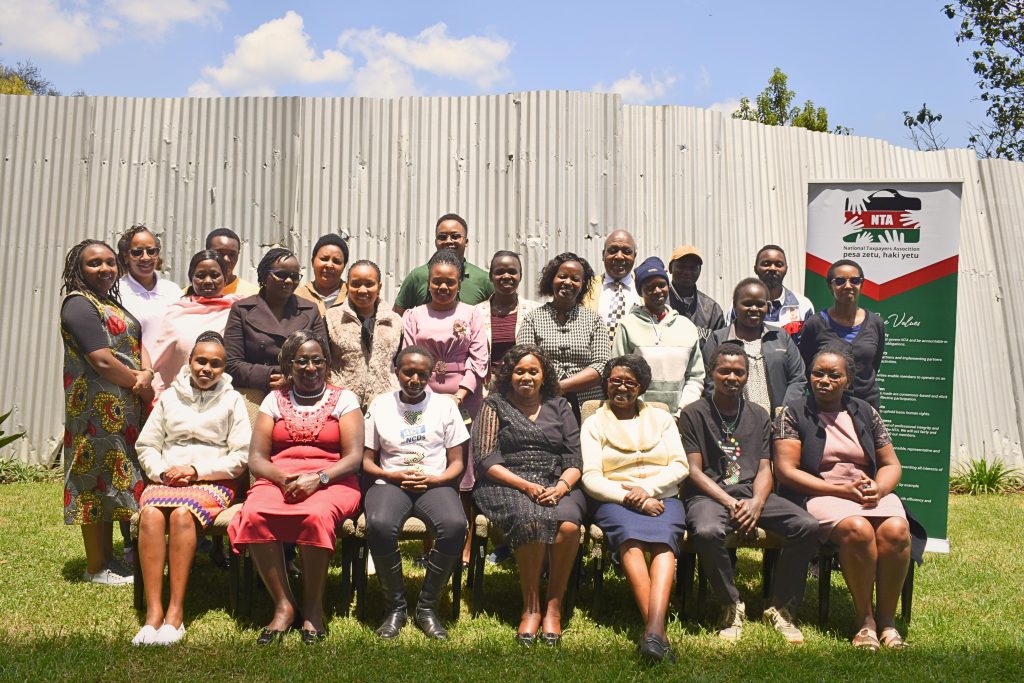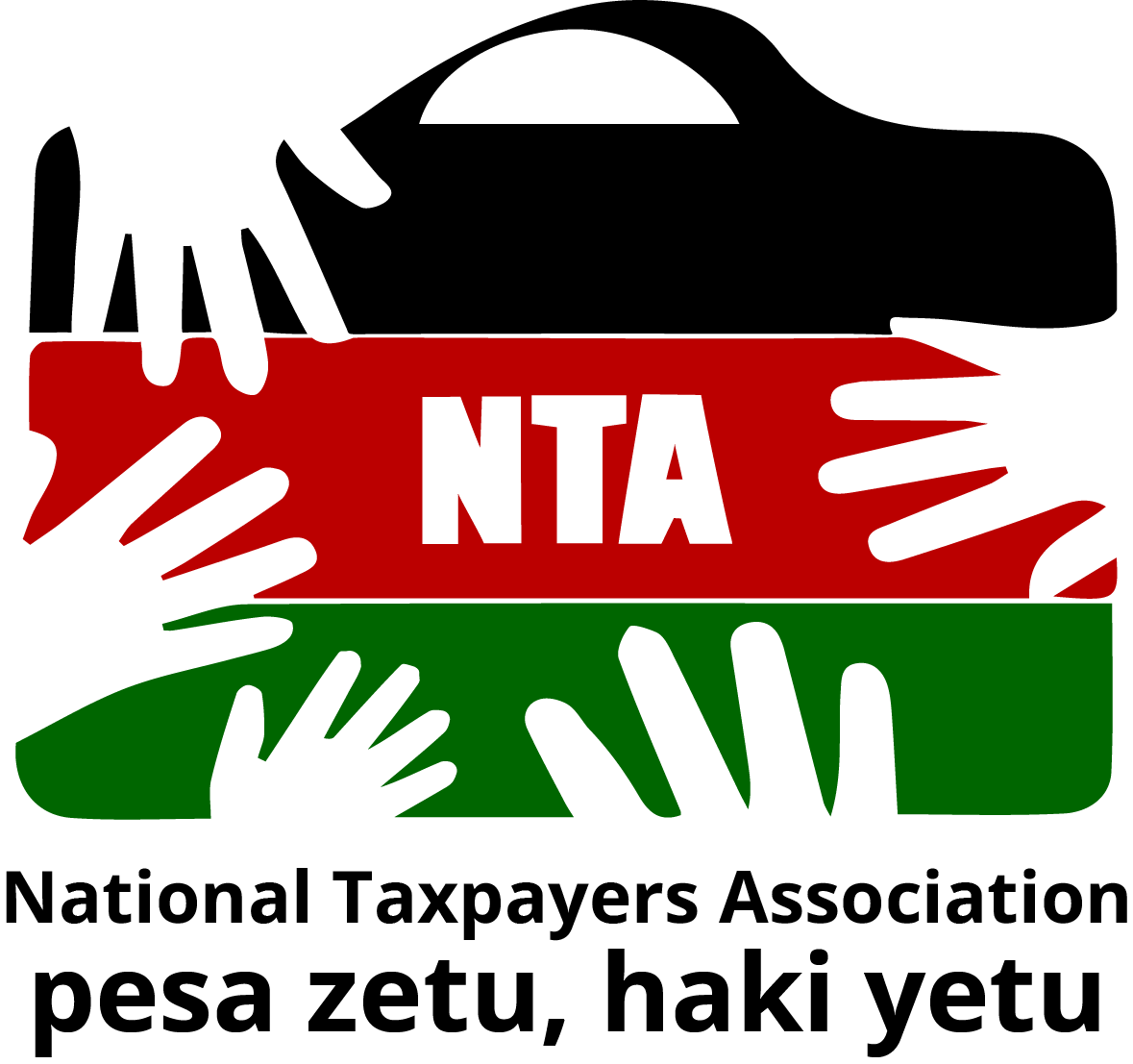NAIROBI, Kenya – In a significant step towards a more inclusive and effective health financing system, the National Taxpayers Association (NTA), in partnership with the Kenya National Cancer Network (KENCO), recently convened a powerful consultative meeting. The dialogue brought the voices of those directly impacted by cancer to the forefront of the conversation on implementing the new Social Health Act (SHA) and the Social Health Insurance Fund (SHIF).
This session is a critical component of NTA’s broader Tobacco Tax Advocacy project, which directly links fiscal policy with public health outcomes. The goal is clear: to advocate for increased tobacco taxes that can simultaneously reduce consumption and generate vital revenue for health, while ensuring that these funds are channeled effectively to meet the most pressing needs, like cancer care.

A Unified Chorus for Change
The meeting created a rare and powerful space for a diverse coalition—including healthcare providers, civil society organisations, patient advocacy groups, cancer survivors, and caregivers—to speak with one voice. Guided by structured discussions, the dialogue moved beyond abstract policy to confront the tangible realities of Kenya’s cancer care landscape.
From the Frontlines: Healthcare providers laid bare the stark resource gaps that hinder service delivery, detailing the systemic barriers they face in providing optimal patient support.
The Policy Perspective: Civil society representatives dissected the provisions within the SHIF, emphasizing the non-negotiable need for robust financial, psychosocial, and policy support to create a functional cancer care ecosystem.
The Human Cost: In moving testimonies, patient groups and survivors shared their arduous treatment journeys, highlighting the trifecta of financial toxicity, geographical inaccessibility, and institutional hurdles that deny so many timely, quality care.
Inadequate Funding is a Death Sentence
A consensus emerged across all groups: inadequate financing for cancer care is a primary driver of poor health outcomes. It leads to:
Delayed diagnosis and treatment reduce chances of survival.
Catastrophic out-of-pocket expenses, pushing families into poverty.
An overwhelming burden on a system already struggling to cope.
The Path Forward: Accountability and Investment
The meeting concluded not with despair, but with a clear and actionable agenda. Participants overwhelmingly called for collaborative accountability mechanisms. This means creating formal structures where government, CSOs, healthcare providers, patients, and survivors jointly monitor SHIF allocations and hold decision-makers accountable for results.
The powerful testimonies and evidence generated in this meeting are being translated into targeted advocacy messages. By centering the voices of those most affected, NTA and KENCO are strengthening the call for two intertwined goals: increased public investment in cancer care and the adoption of stronger tobacco taxation measures.
This is more than a health issue; it is a matter of fiscal justice. Investing in cancer care through a well-funded and accountable SHIF, financed in part by taxes on the very products that contribute to the disease burden, is a smart, sustainable, and moral imperative for a healthier Kenya.
